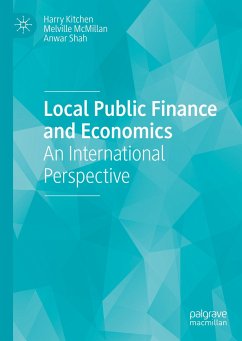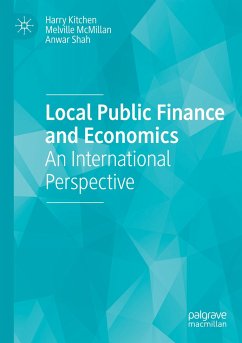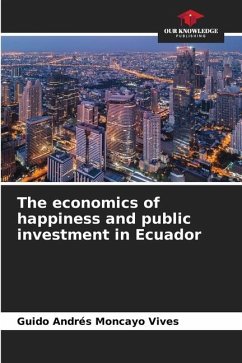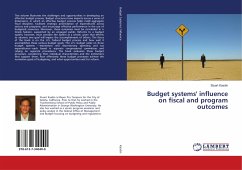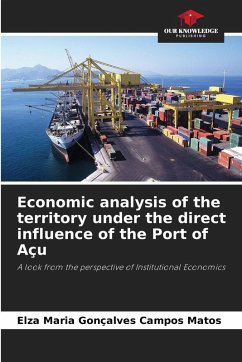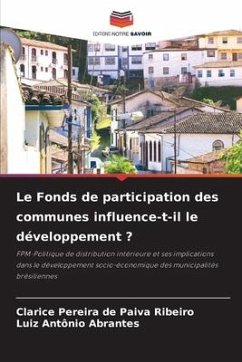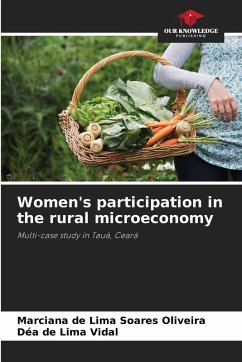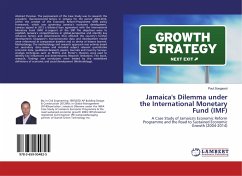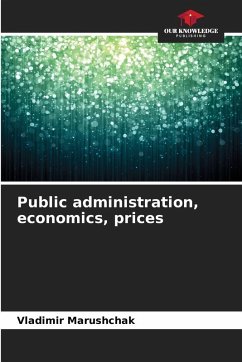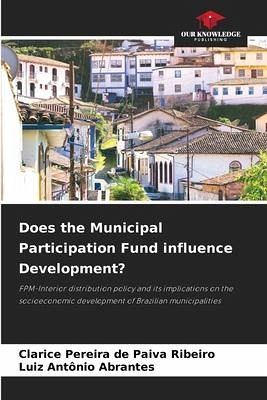
Does the Municipal Participation Fund influence Development?
FPM-Interior distribution policy and its implications on the socioeconomic development of Brazilian municipalities
Versandkostenfrei!
Versandfertig in 6-10 Tagen
53,99 €
inkl. MwSt.

PAYBACK Punkte
27 °P sammeln!
In Brazil the system of intergovernmental transfers is used to correct imbalances and reduce socioeconomic inequality. In this study, we evaluated the implications of the Municipal Participation Fund (FPM-Interior) on the socioeconomic development of municipalities, considering its distribution policies from 1967 to 2031. The presence of the flypaper effect in the distribution of this fund was also analyzed. And also, the relationship between intergovernmental transfers, mainly the FPM-Interior, and level of socioeconomic development of municipalities from 2005 to 2016 was examined. The depend...
In Brazil the system of intergovernmental transfers is used to correct imbalances and reduce socioeconomic inequality. In this study, we evaluated the implications of the Municipal Participation Fund (FPM-Interior) on the socioeconomic development of municipalities, considering its distribution policies from 1967 to 2031. The presence of the flypaper effect in the distribution of this fund was also analyzed. And also, the relationship between intergovernmental transfers, mainly the FPM-Interior, and level of socioeconomic development of municipalities from 2005 to 2016 was examined. The dependence by the municipalities on the revenues of the FPM-Interior was proven. The flypaper effect was observed, suggesting an expansive effect of these resources on public spending and inefficiency in its application. In relation to the applicability of the FPM-Interior apportionment criteria (18 population ranges), we infer that the population factor is not adequate as an indicator of socioeconomic development and is biased. We conclude that there is a need to revise the current criteria for apportioning the Inland FPM, incorporating mechanisms that verify other aspects besides population and income.



